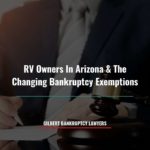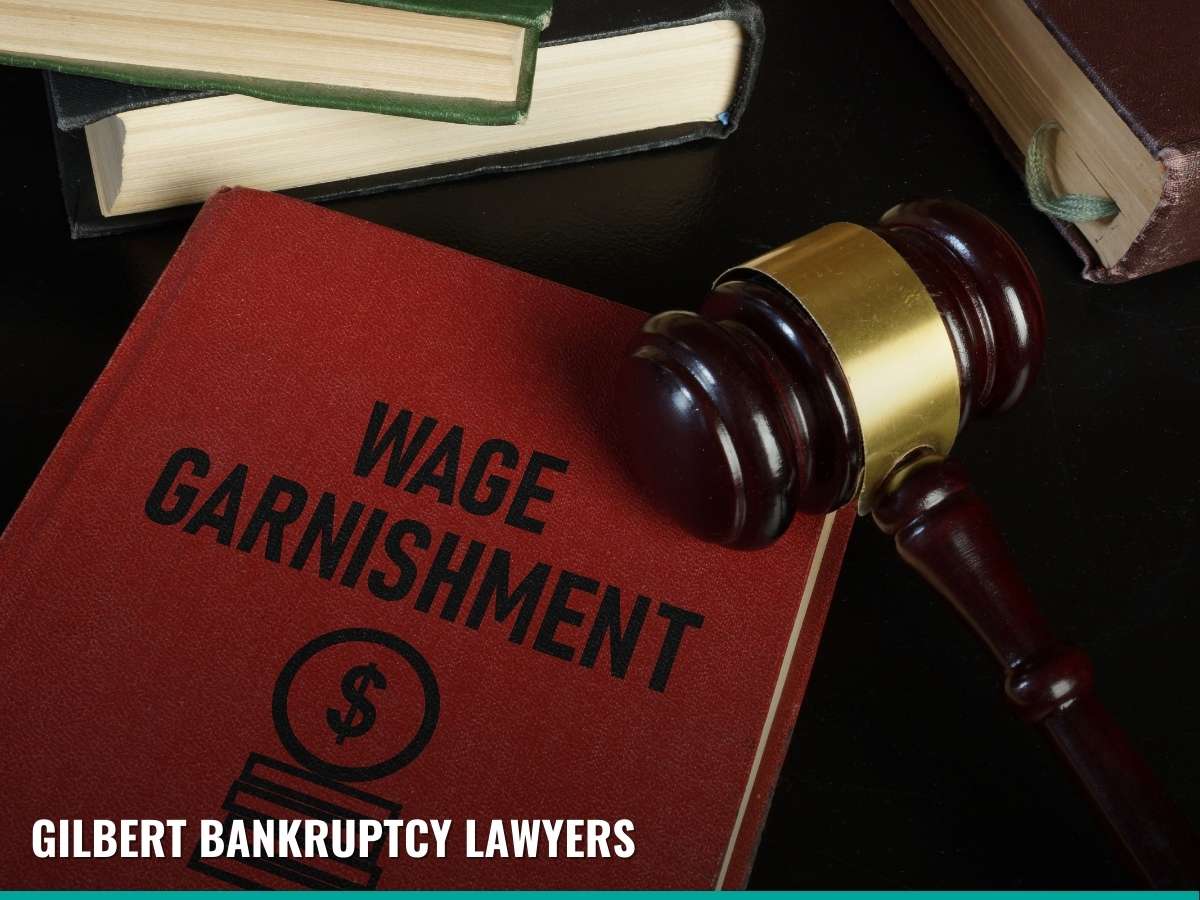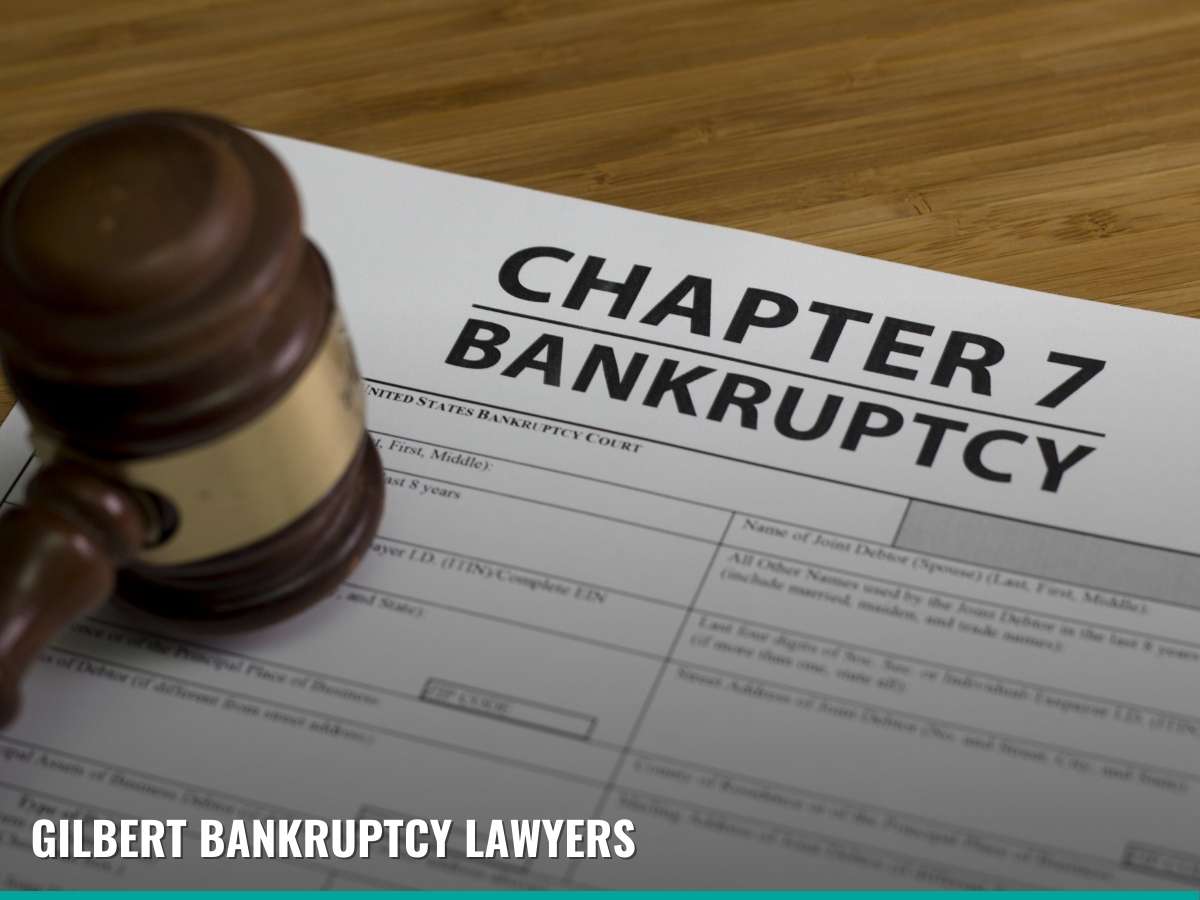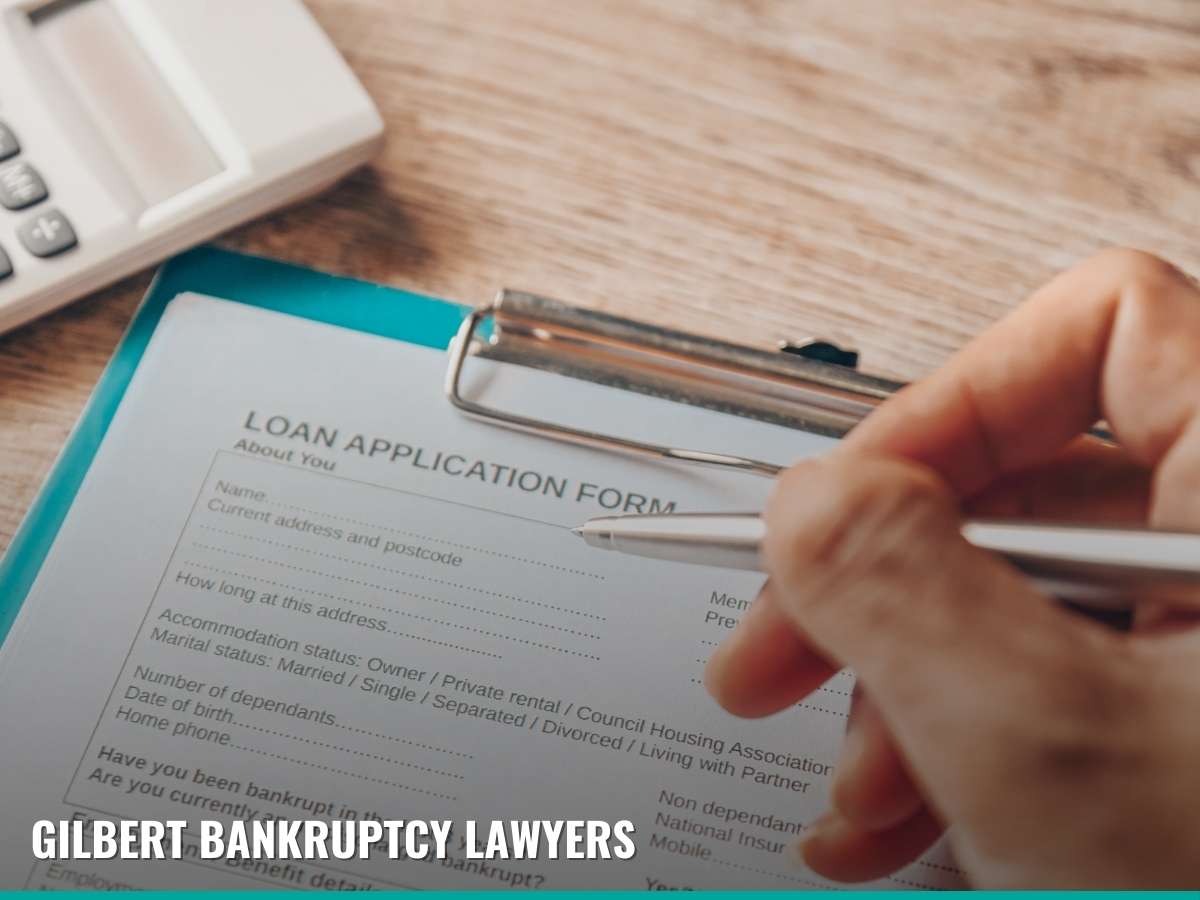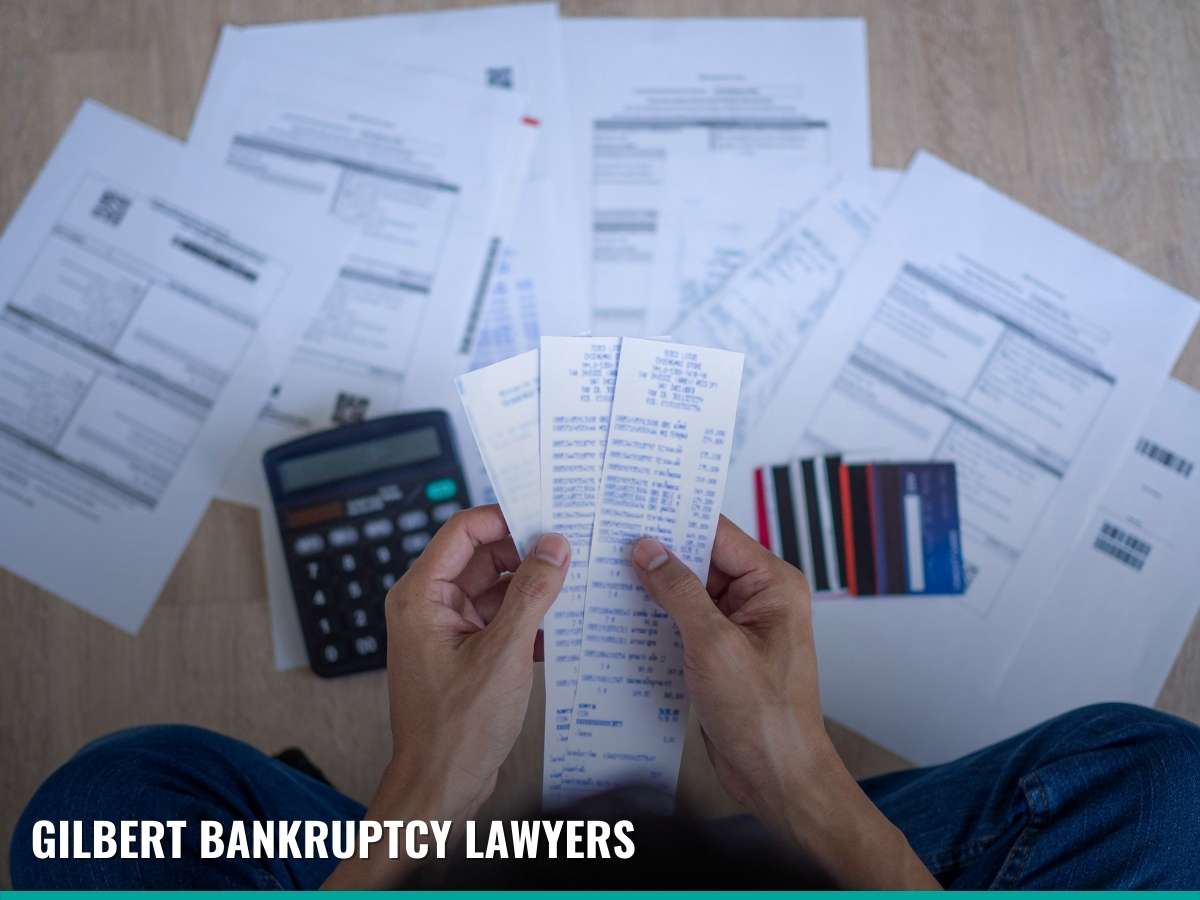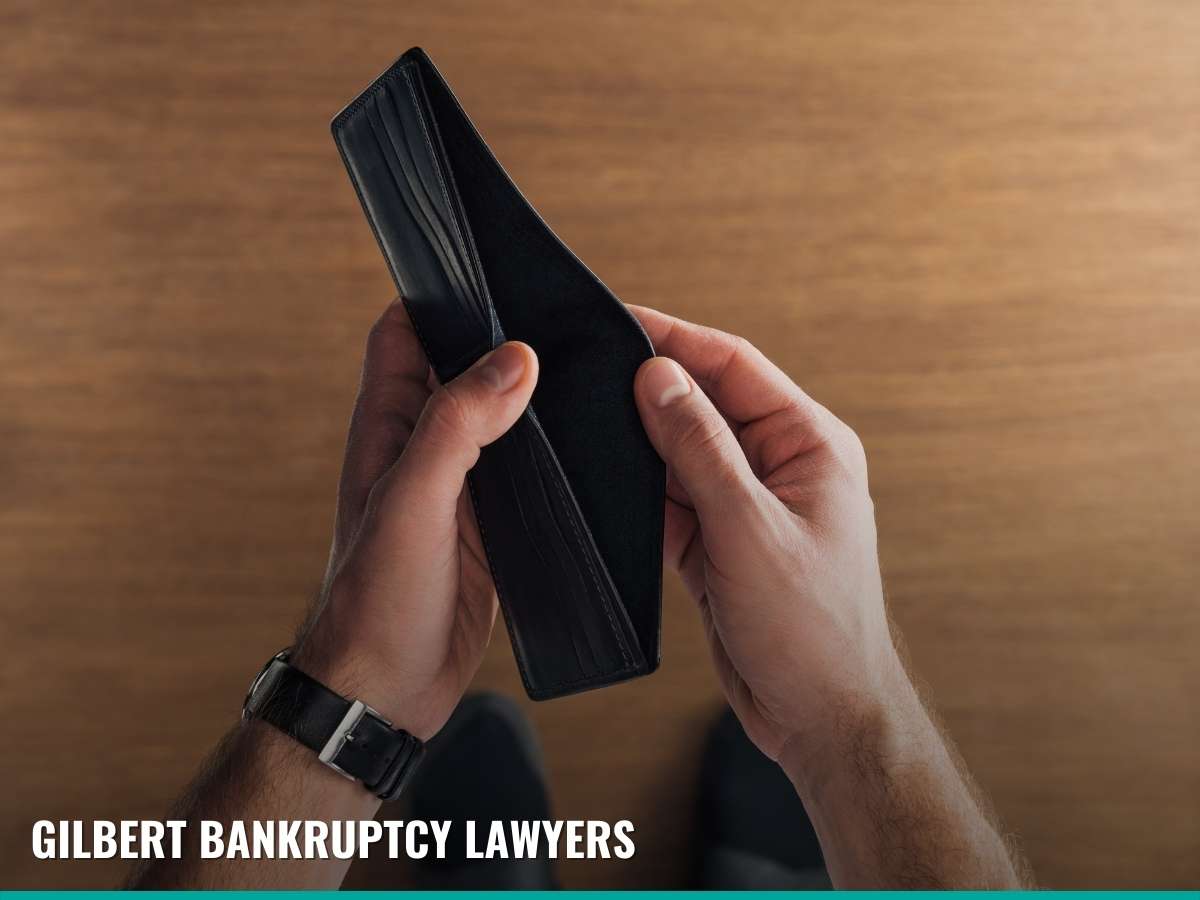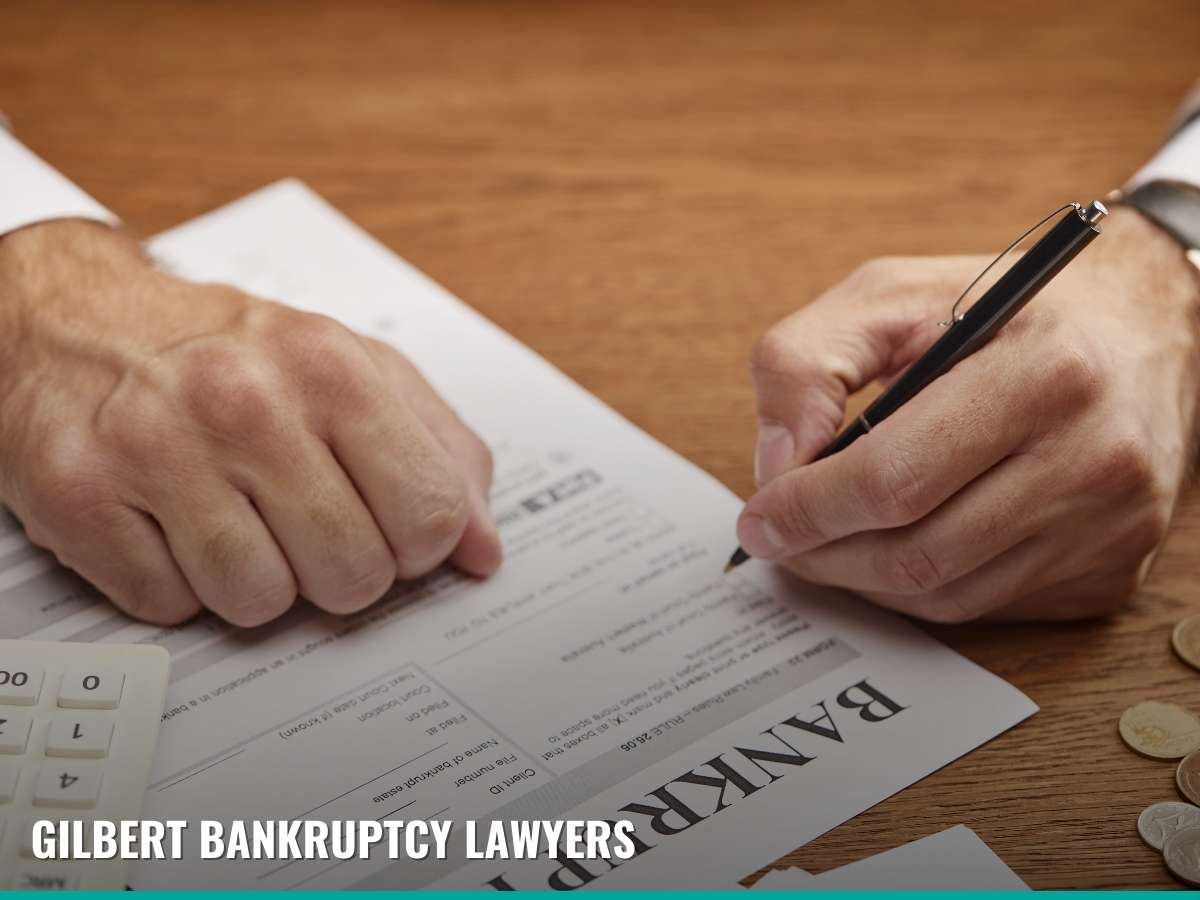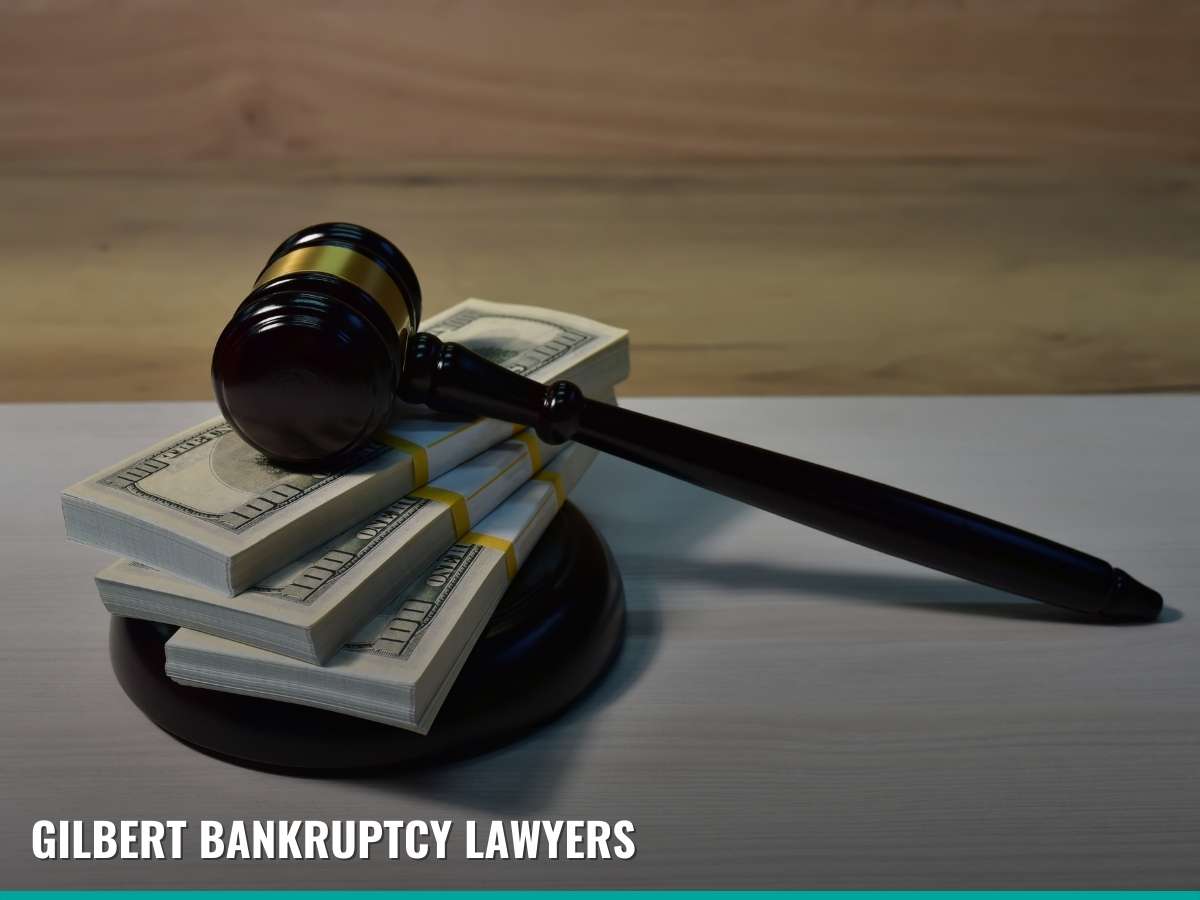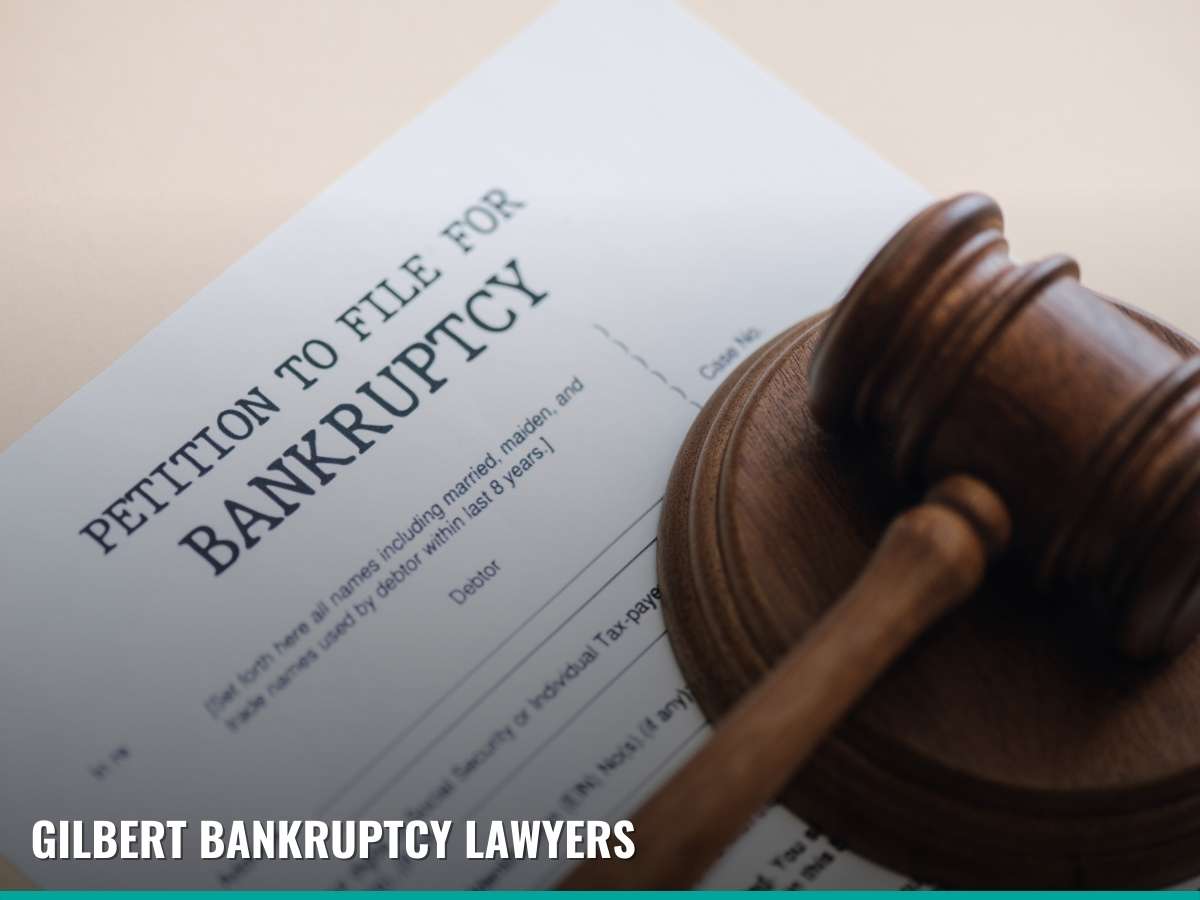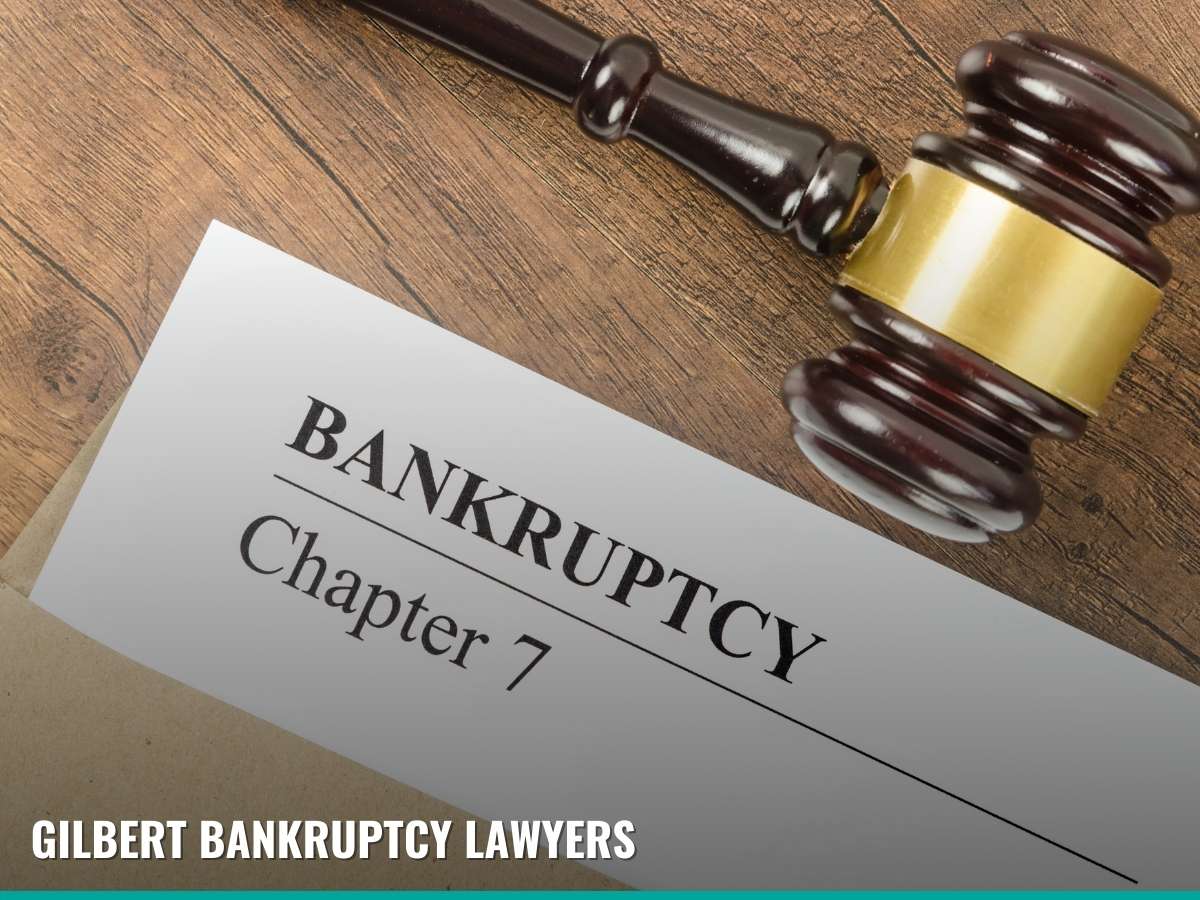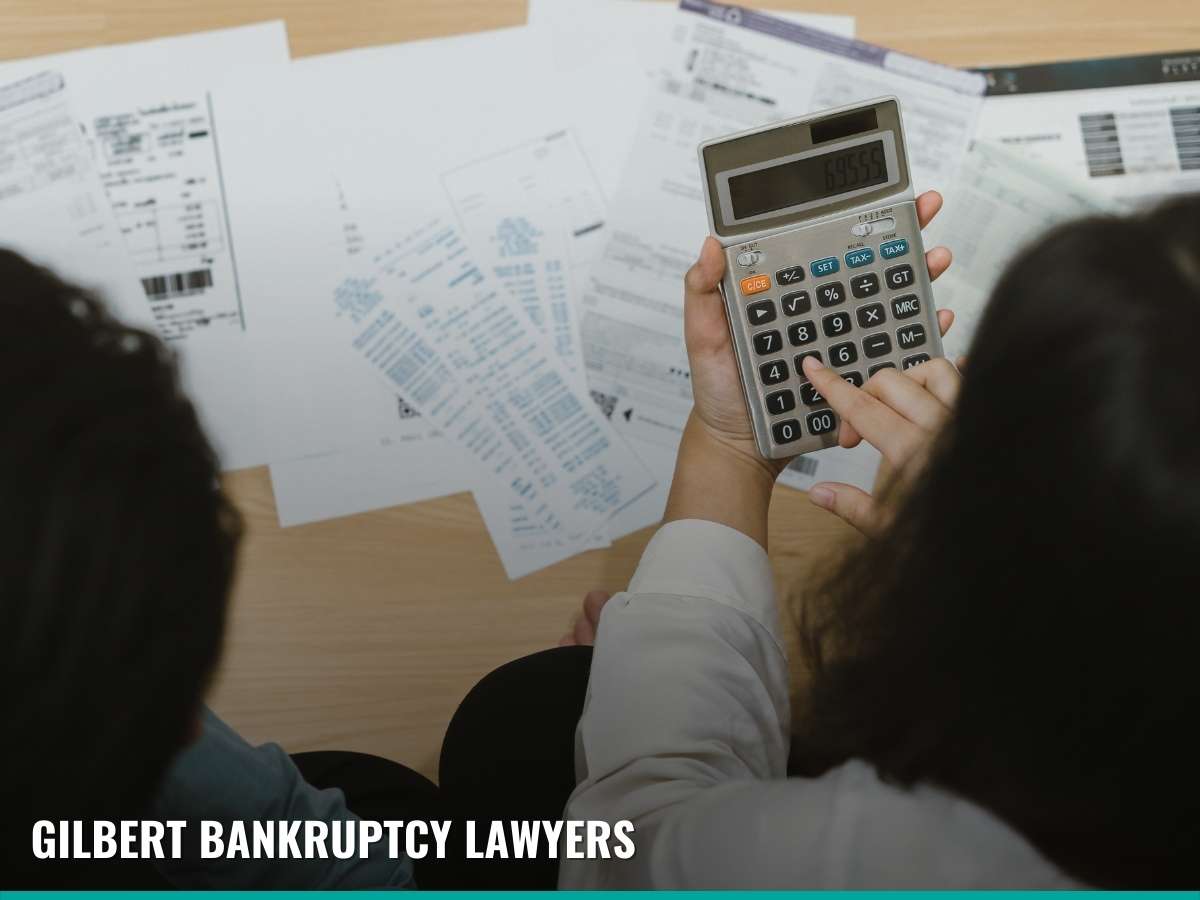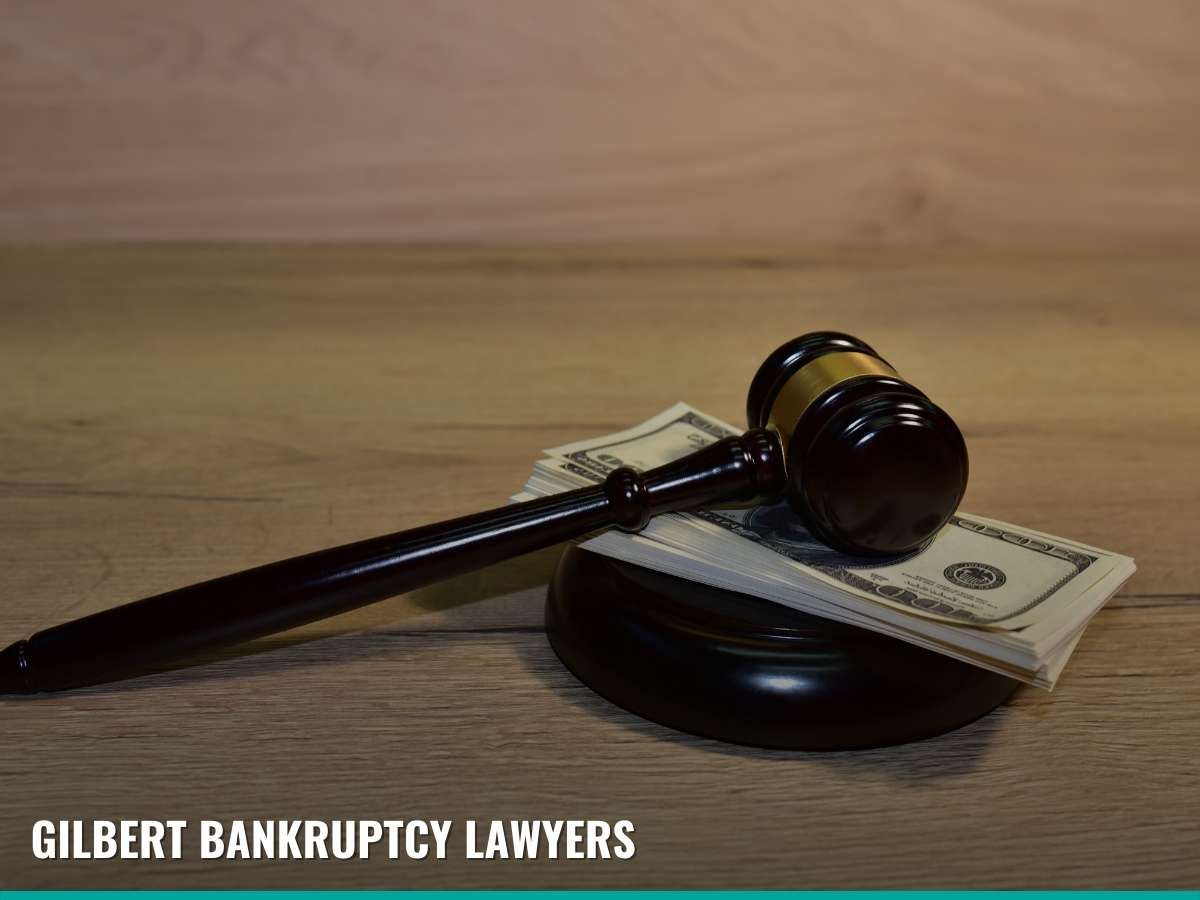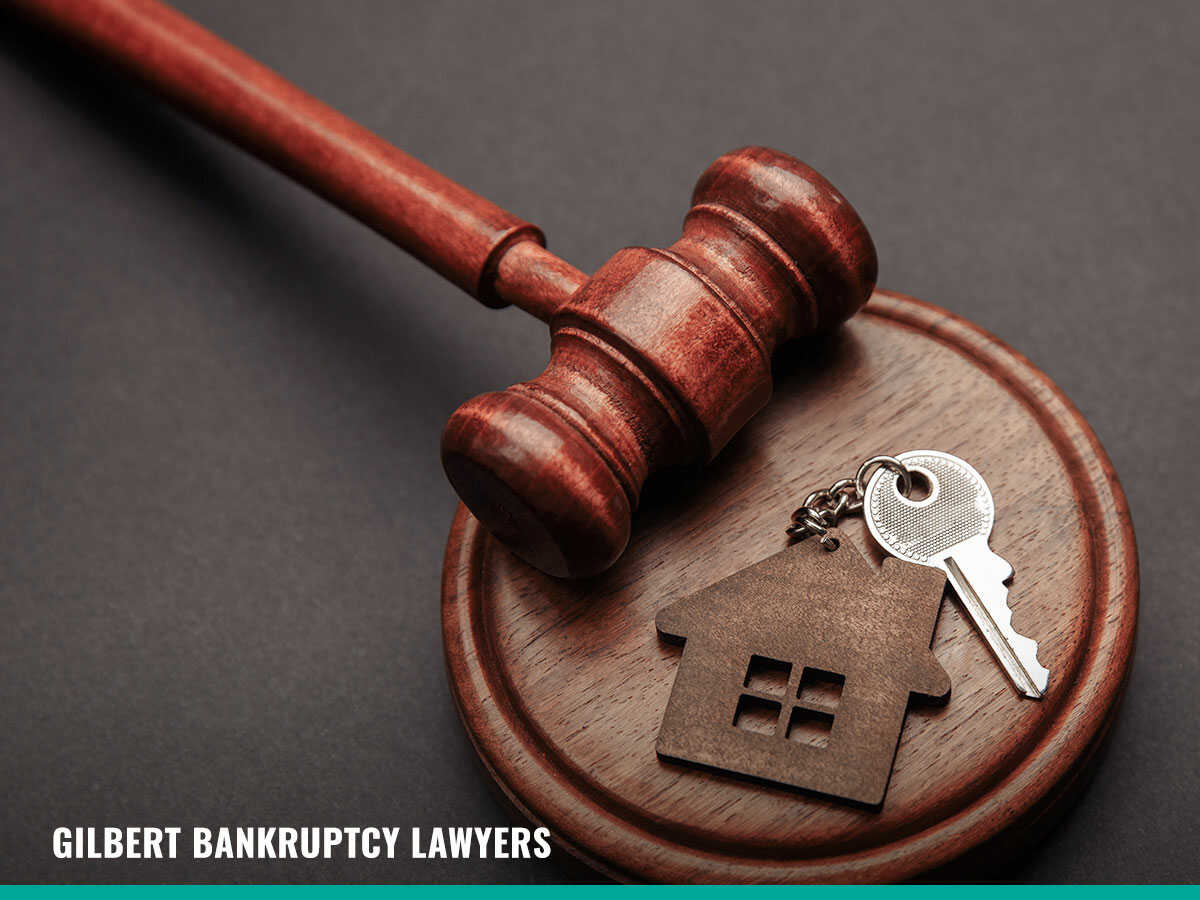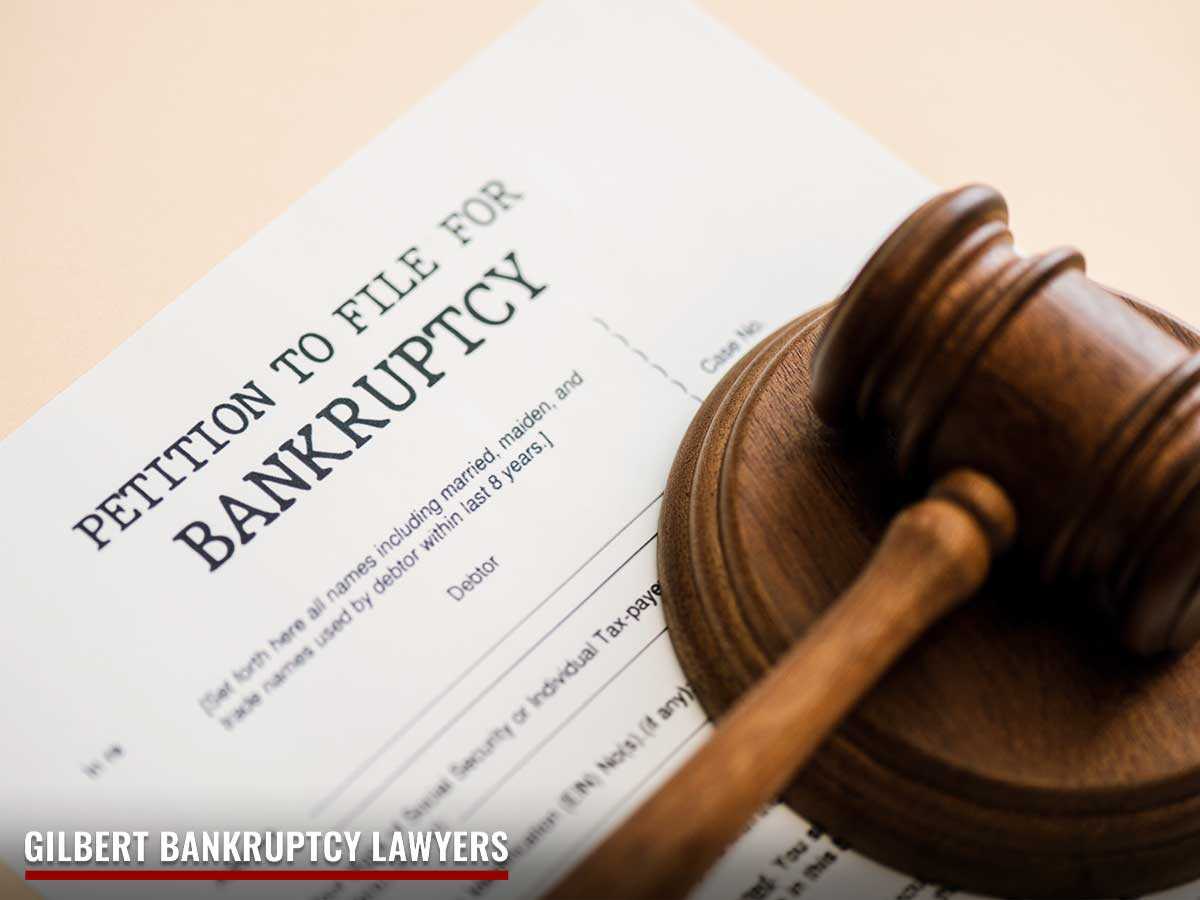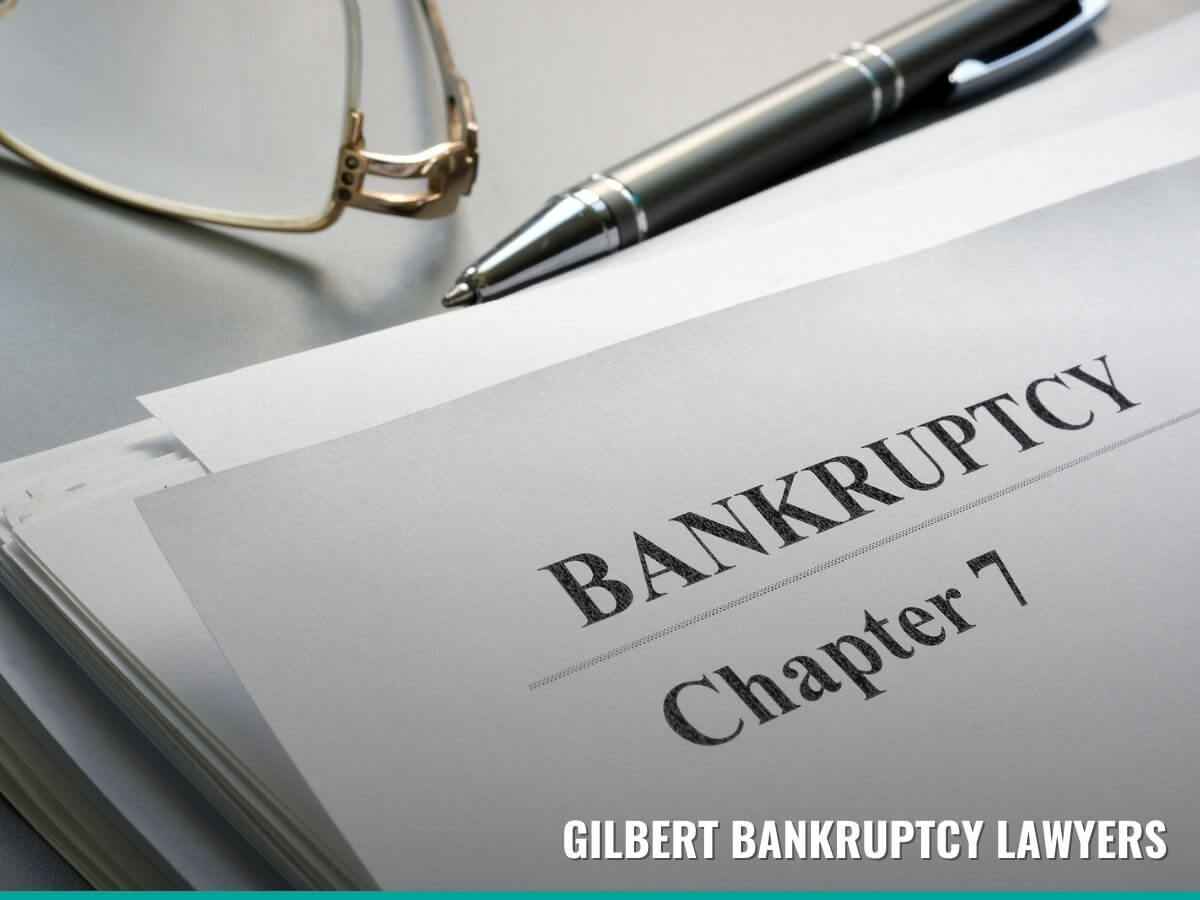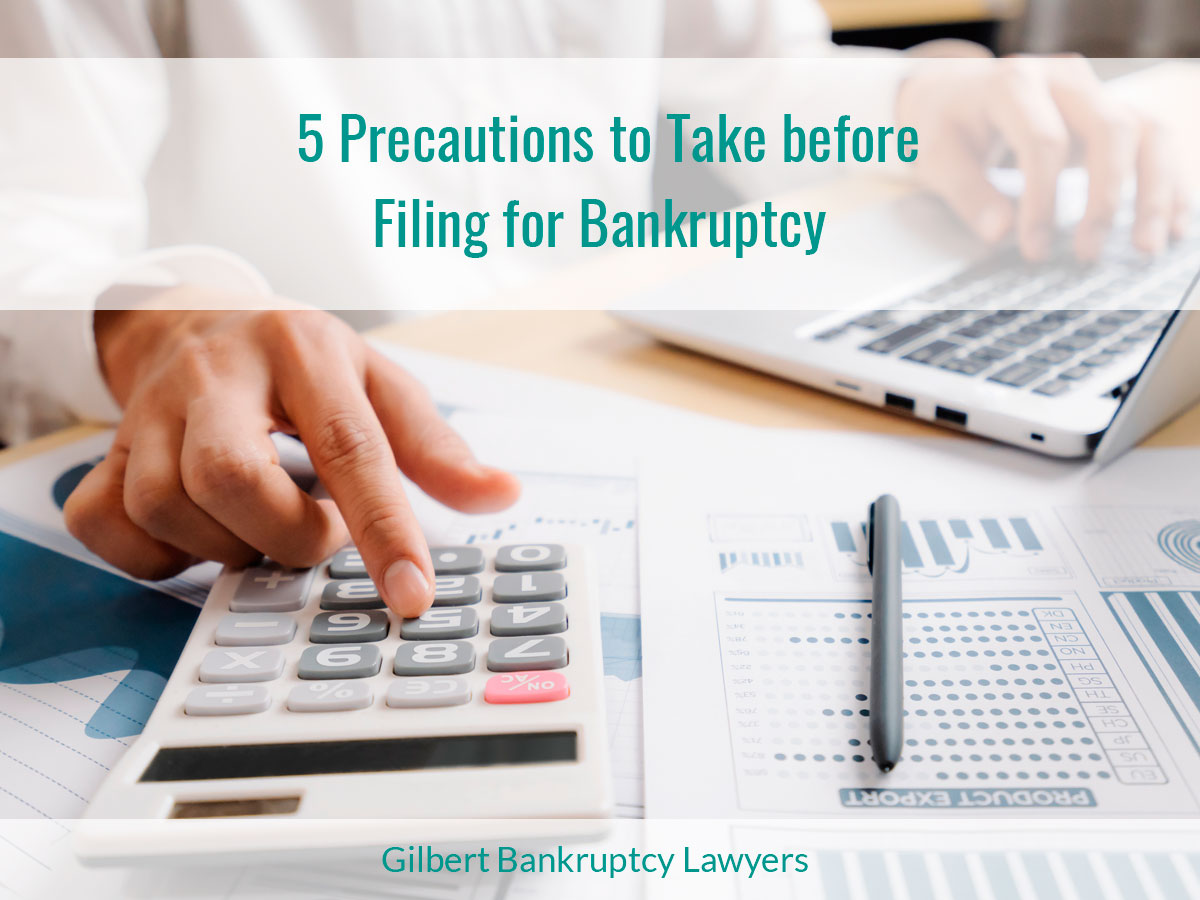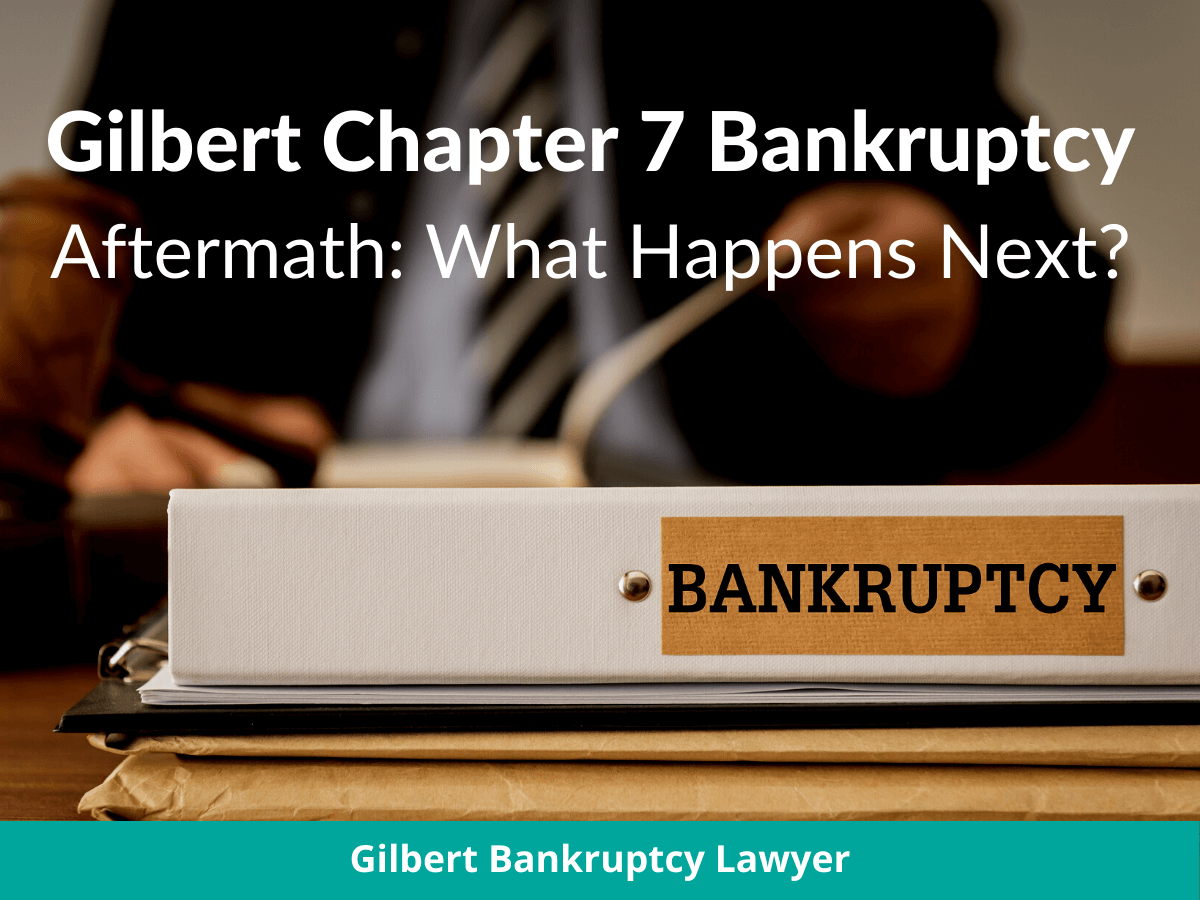The economy has been difficult and unpredictable for years following the pandemic. Last year also saw a change in presidential administrations, bringing changes that have rocked a variety of industries across the United States. If it wasn’t already hard enough to pay the bills in the United States, tariffs, international protests, and other factors made it exceedingly difficult to keep up in 2025. These types of conditions typically lead to more households declaring bankruptcy to discharge debts. Was that true in 2025, and if so, how much did bankruptcy rates increase? Read on to learn more about this subject, which may get you thinking more about declaring bankruptcy. For your free consultation with an experienced Gilbert bankruptcy lawyer, call 480-448-9800.
The United States Bankruptcy Rate In 2025
When looking at national bankruptcy rates, it’s important to discern between personal bankruptcy filings and corporate bankruptcy filings. An increase in one is often tied with an increase in the other, but their rates of change can be far different. Chapter 7 bankruptcy is filed most often for personal bankruptcy cases, but can be used by a business owner who is willing to shut their business down. Chapter 13 bankruptcy is purely a consumer form of bankruptcy, which organizes debts into a payment plan. Chapter 11 bankruptcy can be used by individuals, but it is more often used by businesses that do not wish to shut down but still need to address overwhelming debt. The majority of cases filed are chapter 7 cases, followed by chapter 13 cases, and then chapter 11 cases.
In 2025, across the United States, there were a total of 565,759 bankruptcy cases filed. This was an increase of 11% compared to 508,953 cases filed in 2024. While this is undoubtedly cause for concern, it hasn’t caused economists to sound the alarm. There were 757,816 bankruptcy cases filed nationwide in 2019, or about 34% higher than bankruptcy filings in 2025. Breaking it down more specifically, chapter 7 filings increased by 15% from 288,908 in 2024 to 332,706 in 2025. Chapter 13 filings increased by 6% to 200,055. Chapter 11 filings were up 1% from 7,893 in 2024 to 7,940 in 2025, but small business chapter 11 bankruptcy filings increased by 11% from 2,202 in 2024 to 2,446 in 2025.
How Arizona’s Bankruptcy Rate Changed In 2025
Arizona was not exempt from the economic pressures that are causing the bankruptcy rate to rise across the country. Housing prices are on the rise, and Arizona’s housing market has been highly competitive to enter in recent years. Interest rates have stayed high, leading to it being more difficult for homeowners to sell without incurring a loss. This can present a problem for aging homeowners looking to downsize. This population is also vulnerable to inflation and other factors increasing the cost of living if they live on fixed incomes.
Arizona’s bankruptcy rate increased among all three of the main chapters of bankruptcy, or chapter 7, chapter 13, and chapter 11, in 2025. There were 12,889 total cases filed in 2025, compared to 11,340 in 2024. That’s an increase of almost 14 percent. It also accounts for about 2% of the bankruptcy cases filed nationwide in 2025. Chapter 7 filings made up a lion’s share of Arizona’s 2025 filings, as they do every year. There were 10,620 chapter 7 cases in Arizona in 2025, up 15.2% from 9,221 chapter 7 bankruptcy filings in 2024. The second most common type of filing in Arizona in 2025 was chapter 13 bankruptcy. These filings increased by 7% from 1,977 to 2,115- a much smaller jump than last year’s 18.7% growth. There were only 152 chapter 11 bankruptcy cases filed in Arizona in 2025. This was a 28.2% increase from 132 cases in 2024. Yuma District saw the steepest increase in the bankruptcy rate at 16.3%, and Prescott District saw the lowest increase at 11.8 percent.
Predictions For 2026
In some years, bankruptcy filings remain stagnant or even decrease. With the trends currently occurring, experts don’t predict that 2026 will be one of those years. Essentials like groceries and utilities only continue to increase in price thanks to inflation, which hasn’t slowed enough to fall in line with the weak labor market. This makes it more likely for a household to live in the paycheck-to-paycheck zone, meaning any small emergency could drain savings or even lead to the accrual of debt. These can end up becoming domino effect situations, when paying interest and facing collection on one debt leads to another debt issue arising.
There are other changes coming in 2026 that could cause a bump in the bankruptcy rate. Student loan payments are resuming, which could throw off many household budgets. Many households will also be affected by sharply rising premiums for their health insurance coverage. New jobs are being created at rates slower than projected, leading to few opportunities to address these mounting challenges through higher income. When combined, these factors lead to bleak predictions for the bankruptcy rate and the economy as a whole in 2026.
Different Chapters For Different Circumstances
As discussed here, most bankruptcy filings fall under chapter 7, chapter 13, or chapter 11. However, only the first two of those three are commonly used by consumers seeking to discharge debts. Chapter 7, the most common, liquidates unsecured debts like credit cards and medical bills, but leaves behind secured and priority debts. It only lasts several months, at which point the debtor moves forward with a clean slate. However, the debtor must meet income restrictions and protect their assets with bankruptcy exemptions for chapter 7 to be the most effective.
The other most common form of consumer bankruptcy is chapter 13. Chapter 13 bankruptcy requires that the debtor have enough disposable income to pay off secured and priority debts in a period lasting 3 or 5 years. This type of bankruptcy is highly useful if the debtor’s income is too high to qualify for chapter 7, or the debtor needs to stop collection on a secured asset, such as a home foreclosure. Chapter 11 restructures debts with input from a committee of the debtor’s top creditors. However, there are small business provisions that remove the need for a creditor committee. Still unsure about which is best for you? Schedule your free consultation today at 480-448-9800 for more information.
Want to Learn How Bankruptcy Would Apply in Your Situation? Schedule Your Free Consultation Today
For some, there are methods of debt relief besides bankruptcy that can be utilized based on that person’s unique goals. But for someone who is feeling overwhelmed by debt and meets the income qualifications, bankruptcy provides tremendous benefits that will help them regain control of their financial issues. You may be eligible to clear debts through chapter 7 bankruptcy, chapter 13 bankruptcy, or both. But you should not proceed with either unless you are entirely sure you qualify and that your assets will be protected. Our Gilbert Bankruptcy Lawyers can assess your situation to determine if bankruptcy is a fit. You may even qualify to file now and pay later with our Zero Down payment plan option. Learn more today by calling 480-448-9800 for your free consultation with Gilbert Bankruptcy Lawyers.














